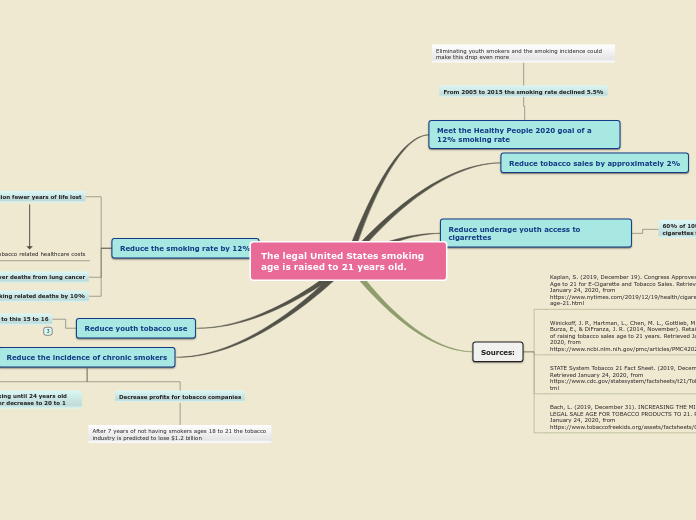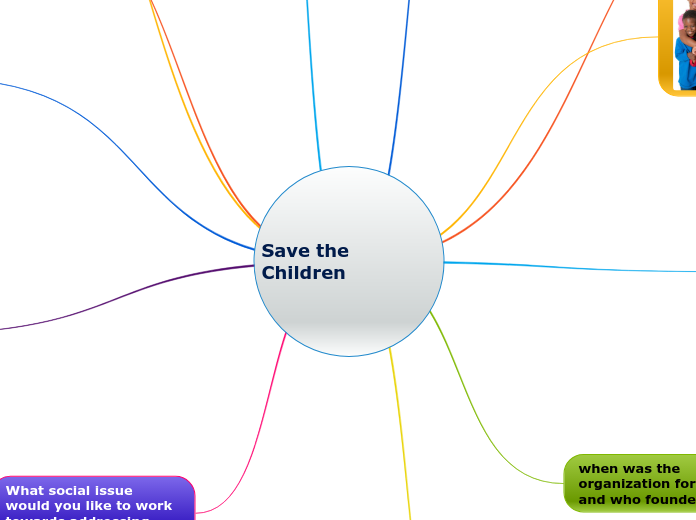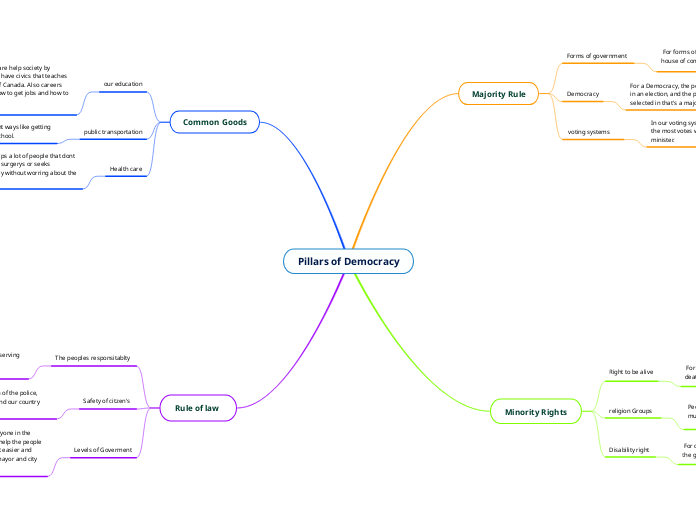The legal United States smoking age is raised to 21 years old.
Reduce the incidence of chronic smokers
Decrease profits for tobacco companies
After 7 years of not having smokers ages 18 to 21 the tobacco industry is predicted to lose $1.2 billion
If someone does not start smoking until 24 years old their odds of becoming a smoker decrease to 20 to 1
Reduce youth tobacco use
45% reduction in sales to this 15 to 16
go over the map
put your mind to work
recall as many details as you can about the keywords you added
Reduce the smoking rate by 12%
Reduce smoking related deaths by 10%
make info
easier to remember
interesting
save time
50,000 fewer deaths from lung cancer
4.2 million fewer years of life lost
Reduce tobacco related healthcare costs
Sources:
Bach, L. (2019, December 31). INCREASING THE MINIMUM LEGAL SALE AGE FOR TOBACCO PRODUCTS TO 21. Retrieved January 24, 2020, from https://www.tobaccofreekids.org/assets/factsheets/0376.pdf
STATE System Tobacco 21 Fact Sheet. (2019, December 17). Retrieved January 24, 2020, from https://www.cdc.gov/statesystem/factsheets/t21/Tobacco21.html
Winickoff, J. P., Hartman, L., Chen, M. L., Gottlieb, M., Nabi-Burza, E., & DiFranza, J. R. (2014, November). Retail impact of raising tobacco sales age to 21 years. Retrieved January 24, 2020, from https://www.ncbi.nlm.nih.gov/pmc/articles/PMC4202948/
Kaplan, S. (2019, December 19). Congress Approves Raising Age to 21 for E-Cigarette and Tobacco Sales. Retrieved January 24, 2020, from https://www.nytimes.com/2019/12/19/health/cigarette-sales-age-21.html
Reduce underage youth access to cigarrettes
60% of 10th graders say it would be easy to get cigarettes from many sources
Older classmates
Older siblings
Reduce tobacco sales by approximately 2%
Meet the Healthy People 2020 goal of a 12% smoking rate
From 2005 to 2015 the smoking rate declined 5.5%
Eliminating youth smokers and the smoking incidence could make this drop even more









